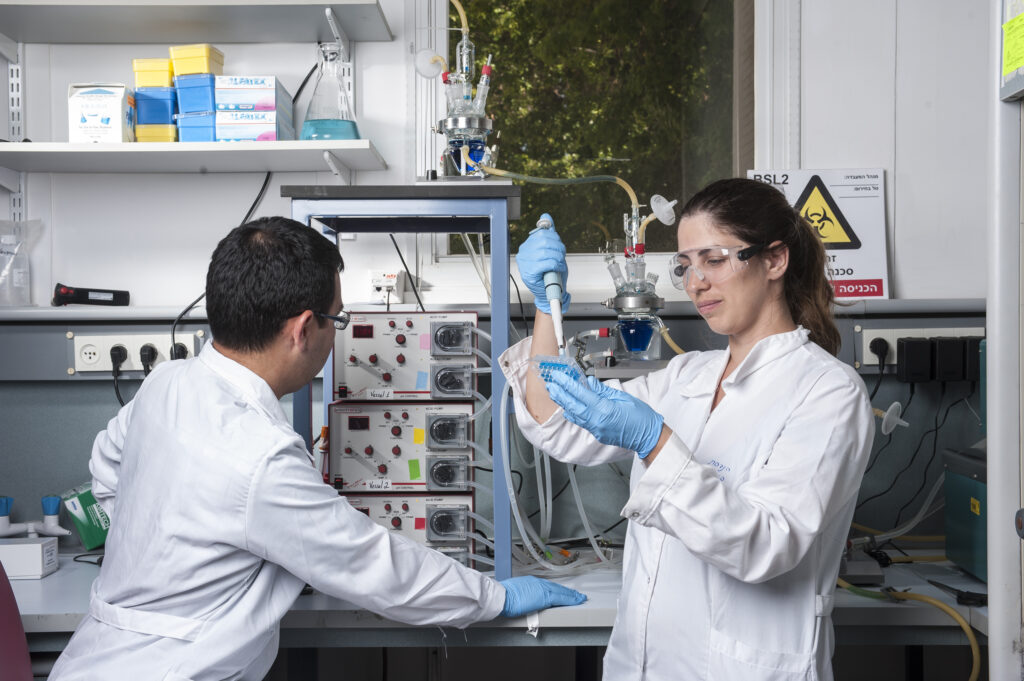Fast and comprehensive changes in science and technology are transforming our economy, generating new markets and players. Europe prioritises research and innovation support for the following six Key Enabling Technologies (KETs):
- Additive manufacturing;
- Advanced materials;
- Life-science technologies;
- Micro/nano-electronics and photonics;
- Artificial intelligence;
- Security and connectivity.
These KETs drive innovation throughout the economy and cut across industries with a trend towards full convergence and integration. They underpin Europe’s leadership across industrial value chains such as automotive and industrial robotics and have the capacity to improve people’s health and safety and reverse climate change.
At the same time, their growing complexity makes it more difficult for industry and SMEs to fully capture their innovation potential. Industry and notably SMEs require highly skilled workforce to tackle the complexity of these new technologies. Universities have a strong role to play when it comes to providing their graduates and life-long learners with these skills.
But in which direction should research and innovation in these fields go to make them future-proof? And how can universities fulfil their mission of educating the engineers of tomorrow, equipping them with the right skills? Join us for a lively discussion on 27 May 2021!

This event has ended.
Click here to access the recording.
Practical information
Date: Thursday, 27 May 2021
Time: 15:00-16:30 CET
Location: Online
Registration: Is requested; please use this form.
Audience
This event is open to all.
Programme
Find the programme here.









